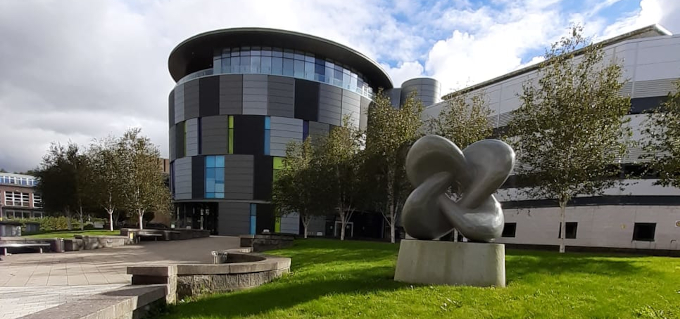Yorkshire Durham Geometry Day 2021
Zoom
A Yorkshire and Durham Geometry Day will take place on Wednesday December 8, 2021 (virtually) in the Department of Mathematical Sciences at Durham University.
Zoom information
You can access the meeting here: https://durhamuniversity.zoom.us/j/98440068589?pwd=bnhPVTBDWndMRC9YZDRBMHRucjFaZz09
Meeting ID: 984 4006 8589
Passcode: 669758
Yorkshire and Durham Geometry Days are jointly organised by the Universities of Durham, Leeds and York, and occur at a frequency of three meetings per year. Financial support is provided by the London Mathematical Society through a Scheme 3 grant, currently administered by the University of York. Additional support is provided by the Department of Mathematics, Durham University.
The local organizers are:
John Bolton, Fernando Galaz-García, & Wilhelm Klingenberg, Durham University
Derek Harland & Gerasim Kokarev, University of Leeds
Ian McIntosh & Chris Wood, University of York
Recordings of past Yorkshire Durham Geometry Days are available at Durham's Department of Mathematical Sciences YouTube Playlist.

